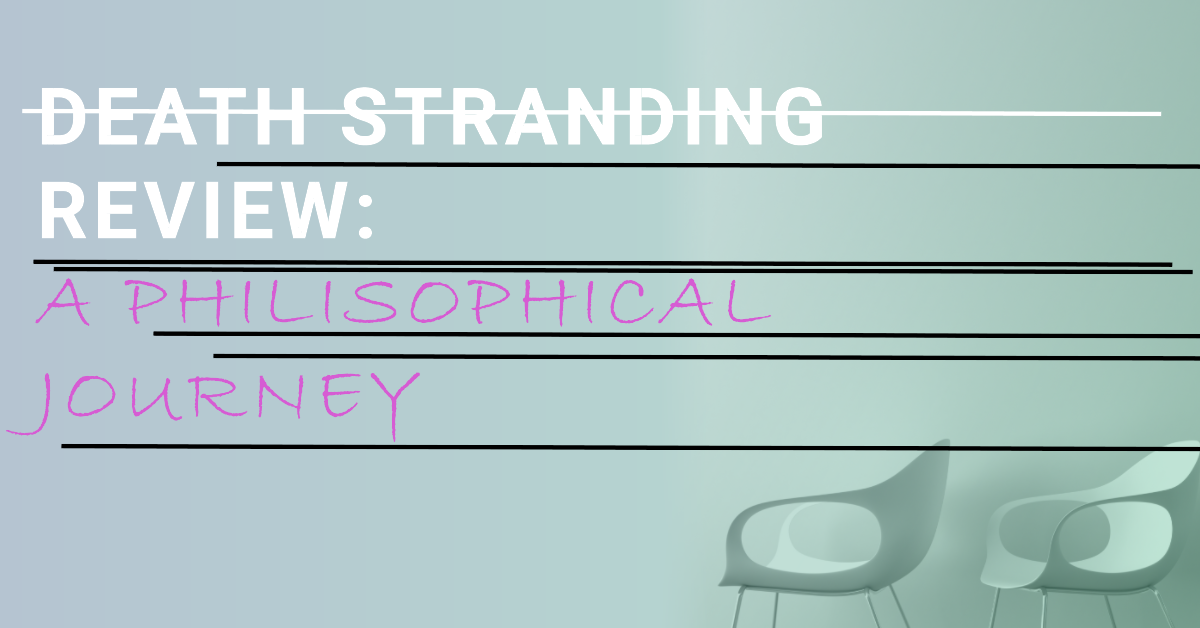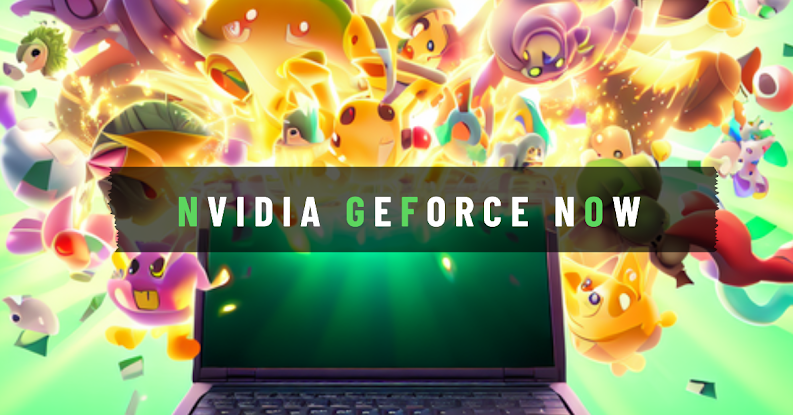Death Stranding: A Queer Philosophical Journey
Death Stranding is a game that defies easy categorization. It is a work of art that explores the themes of connection, isolation, death, and rebirth through a unique gameplay mechanic of delivering cargo across a post-apocalyptic America. The game also reflects the creative vision of its director, Hideo Kojima, who is known for his unconventional and innovative approach to storytelling and game design. In this review, I will try to supply a critical analysis of Death Stranding from a queer gaming perspective, drawing on Japanese and Western philosophical concepts and references.
One of the most striking aspects of Death Stranding is its representation of gender and sexuality. The game features a diverse cast of characters, some of whom are explicitly or implicitly queer, such as Fragile, Heartman, Mama, and Deadman. The game also challenges the binary notions of male and female by introducing the concept of DOOMS, a condition that grants some people supernatural abilities and sensitivity to the otherworldly entities known as BTs. DOOMS is linked to the levels of chiralium, a mysterious substance that permeates the world after the cataclysmic event called the Death Stranding. Chiralium is derived from the word chiral, which means having a non-superimposable mirror image. In chemistry, chiral molecules can have different properties and effects depending on their orientation. In Death Stranding, chiralium affects people differently depending on their gender, with women being more susceptible to DOOMS than men. This suggests that gender is not a fixed or essential category, but rather a fluid and dynamic one that can be influenced by external factors.
Another way that Death Stranding subverts the traditional gender roles is by making the protagonist, Sam Porter Bridges, a male who performs a typically feminine task of nurturing and caring. Sam's main mission is to reconnect the fractured society by delivering packages and setting up communication networks. He also must take care of a baby, called BB, who helps him detect BTs. BB is not Sam's biological child but rather a tool created by the organization called Bridges. However, as the game progresses, Sam develops a strong bond with BB, treating him as his own son. Sam also expresses his emotions freely, crying whenever he feels stressed or sad. Sam's character arc is one of overcoming his fear of intimacy and attachment, which stems from his traumatic past of losing his wife and daughter. By the end of the game, Sam learns to embrace his humanity and his connections with others, rather than isolating himself from them.
Death Stranding also explores the philosophical questions of life and death, drawing on both Japanese and Western sources. One of the main influences is the concept of Musubi, which is a Shinto belief that everything in the universe is connected by a sacred force or energy. Musubi can also mean knotting or tying things together, which is reflected in the game's mechanic of using ropes and strands to connect with other players and NPCs. Musubi implies that life is a cycle of creation and destruction, where everything is born from something and returns to something else. This is also echoed in the game's depiction of the afterlife, which is called the Beach. The Beach is a personal and subjective space that exists between life and death, where people can visit their memories and loved ones before moving on to the next stage. The Beach is also where the Extinction Entity (EE), a being that can trigger a mass extinction event, exists. The game implies that extinction is not necessarily a bad thing, but rather a natural part of evolution and rebirth. The game's ultimate message is that life is precious and worth living, even in the face of death and despair.
Another philosophical influence is the concept of Homo Ludens, which was coined by the Dutch historian Johan Huizinga in his book The Playing Man. Huizinga argued that play is an essential element of human culture and civilization, and that humans are defined by their ability for play. Kojima adopted this concept as his studio's motto and as a theme for Death Stranding. The game encourages players to play creatively and cooperatively with each other, by leaving signs, structures, items, and messages for others to use or enjoy. The game also rewards players for playing peacefully and non-lethal with enemies, by giving them likes and positive feedback. The game suggests that play is not only a form of entertainment or escapism, but also a way of expressing oneself and connecting with others.
To support my analysis, I will use some quotes from Kojima himself and from other sources that relate to the game's themes and ideas. For example:
"The era of today is about individualism... We may be connected through social media more than ever but what we're connected by are likes which are very abstract data... So, I wanted people to come back to understanding each other." - Hideo Kojima
This quote shows Kojima's motivation for creating Death Stranding as a game that fosters genuine connection among players beyond superficial metrics like likes or followers. He wants players to empathize with each other's struggles and joys through sharing their experiences in the game world.
"The rope symbolizes connection... It's about making connections at your own pace." - Hideo Kojima
This quote explains the meaning behind one of the game's core mechanics: using ropes or strands to link with other players or NPCs. Unlike guns or weapons that create distance or violence between people, ropes create intimacy or cooperation between them. The game gives players the freedom to choose who they want to connect with and how they want to do it.
"The world has become too complex for humans to understand... We need something else besides reason to understand it." - Donna Haraway (Cyborg Manifesto)
This quote from a feminist scholar who advocates for hybridity between humans and machines reflects one of the game's challenges: making sense of a world that has been transformed by technology and chiralium. In Death Stranding, humans have to cope with phenomena that defy logic or science such as BTs or timefall. They also have to rely on tools or devices that augment their abilities such as BBs or Odradeks.
"Life isn't just about passing on your genes... We can leave behind much more than just DNA... Through speech... music... literature... movies... What we've seen... heard... felt... anger... joy... sorrow... these are things I'll pass on." (“Solid Snake’s speech at the end of Metal Gear Solid 2”) - Solid Snake (Metal Gear Solid 2)
Taken from another iconic character created by Kojima expresses one of the game's messages: celebrating human culture and creativity as forms of legacy or inheritance. In Death Stranding, players can leave behind their traces or contributions in various ways such as building roads or bridges or sharing songs or stories.
"The only thing we have to fear is fear itself." (“The only thing we have to fear is fear itself”) - Franklin D. Roosevelt
This quote from a former US president who led the country during World War II inspires one of the game's goals: overcoming fear as an obstacle to progress or happiness. In Death Stranding, Sam has to face his fears of death or loss or rejection as he travels across dangerous terrains or meets hostile forces.
Hoping to show that Death Stranding connects with various philosophical ideas and perspectives that enrich its meaning and impact. Death Stranding is a game that challenges and inspires players to think deeply about themselves and their place in the world. It is a game that celebrates diversity, creativity, empathy, and hope. It is a game that transcends the boundaries of genre, medium, and culture. It is a game that deserves to be played and experienced by anyone who appreciates art and philosophy.




Comments
Post a Comment
Connect with House Anomaly, we are always open to collaboration or critiques on how we can do better.